My Personal Experience
I was in graduate school for statistics, finding myself extremely obsessed over understanding the Bias–variance tradeoff.
Specifically, I had the question:
How does the sample size in n-cross-fold validation influence the Bias–variance tradeoff?
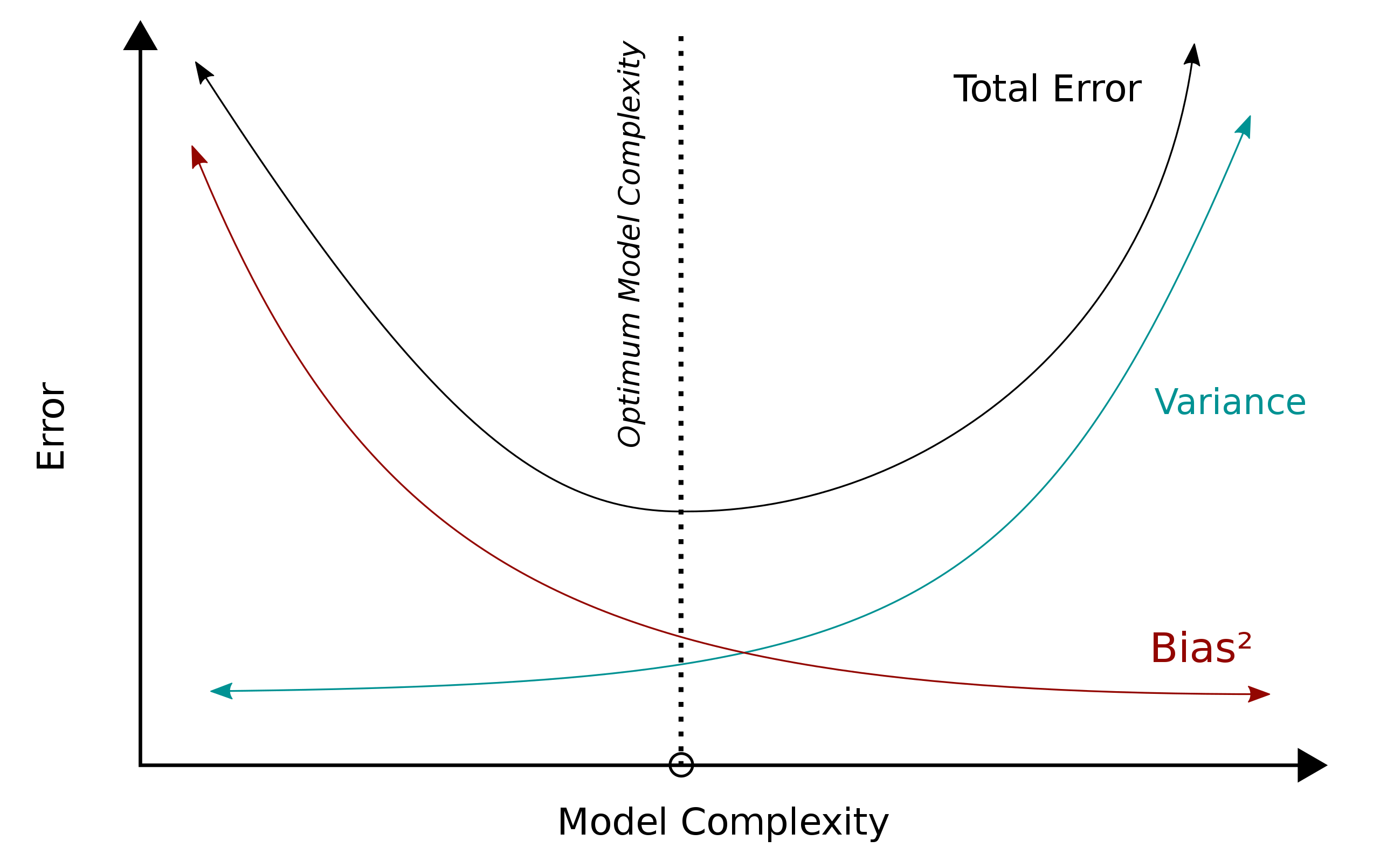
While the answer to that question does not matter, remembering this question allowed me to remember asking my professor (Dr. Elizabeth H. Slate) the same question.
Dr. Slate asked me what I remember the trade off to be, and immediately, without thinking I closed my eyes so that I could better concentrate on finding the answer–which I did!
Time passed, and I didn’t think much of it, until a few years later I discovered Transcendental Meditation.
My personal experience has found TM to be extremely practical and useful for enhancing my life. Out of curiosity, I picked up a few books that was in the lobby of the TM room during my one-on-one instruction, and I noticed an interesting figure.
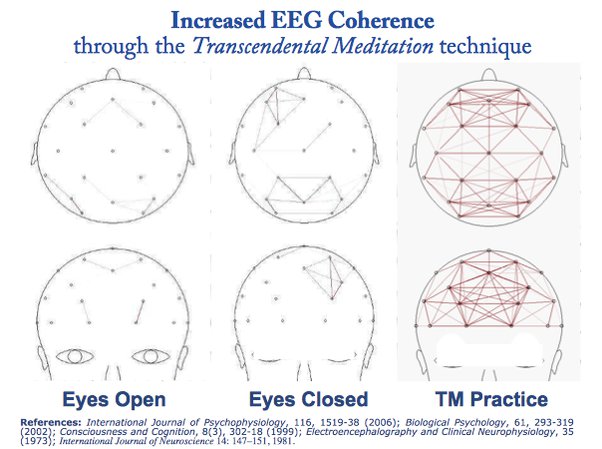
Which I found from the book “Scientific Research on the Transcendental Meditation and TM-SIDHI Programme”.
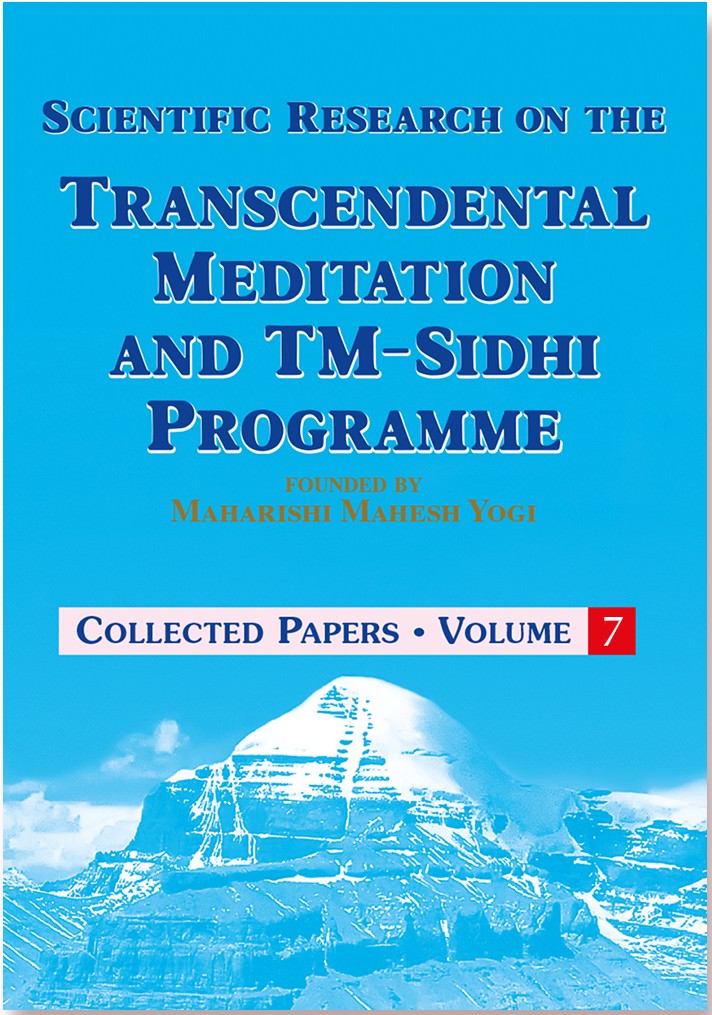
And not too recently, I came across Rick Rubin’s interview with Anthony Cooper, and it becomes obvious that he does the same thing when asked Cooper asked, “What are you being paid for?”
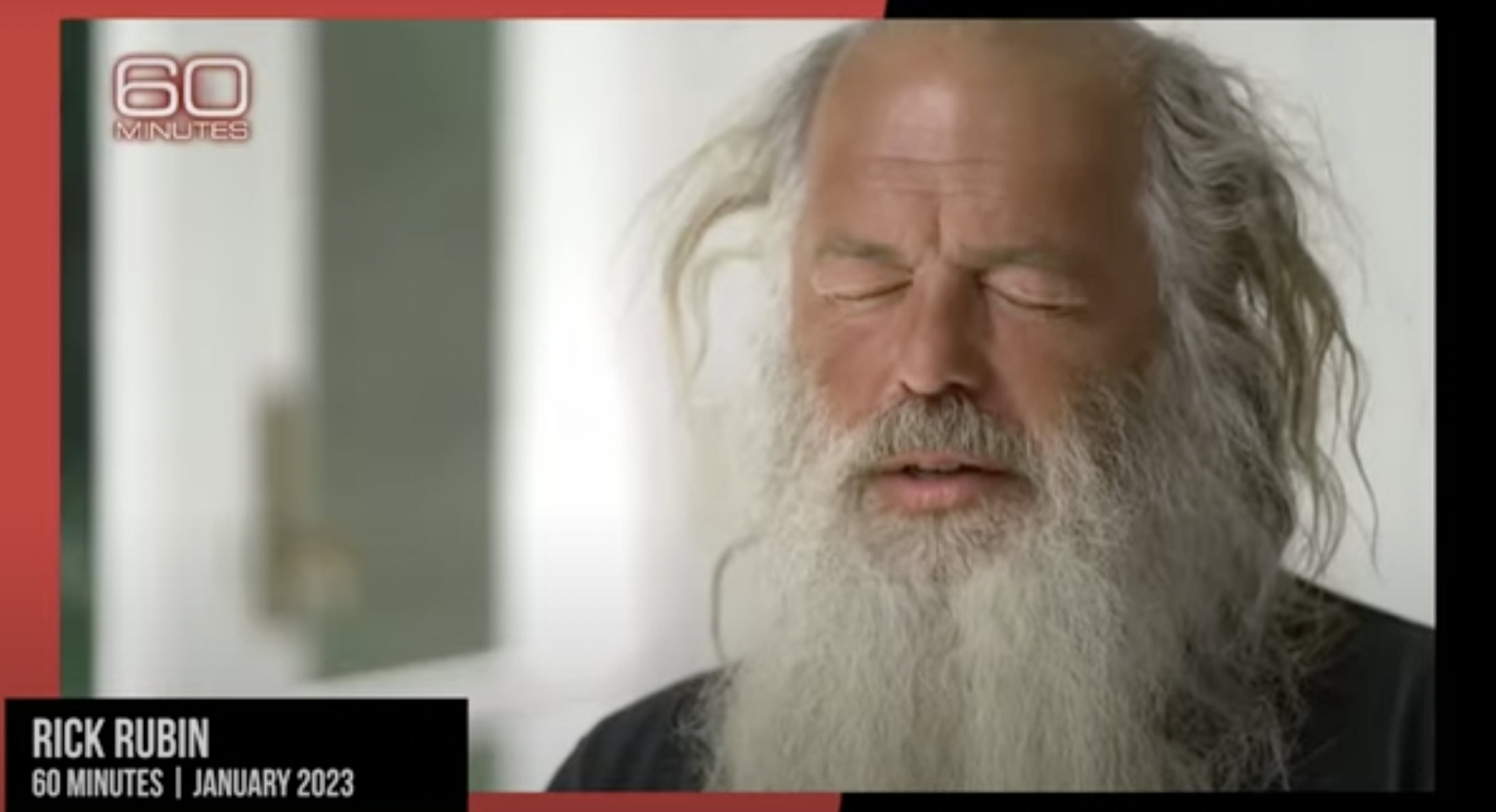
Oh, and don’t get me started with how Leonhard Euler did some of his greatest work when he became blind
Leonhard Euler, one of the greatest mathematicians of all time, suffered from vision problems for much of his life, and he eventually became completely blind in 1771, three years before his death in 1783. However, his blindness did not slow down his mathematical productivity.
In fact, Euler’s productivity increased after he lost his sight, as he was able to focus more completely on his mathematical work without being distracted by visual stimuli. Euler’s productivity during the years of his blindness was truly remarkable; he continued to produce groundbreaking work in many different areas of mathematics, including number theory, graph theory, calculus, and mechanics.
Euler’s mathematical output during his years of blindness included many important papers and books. For example, in 1775, he published “Institutiones calculi differentialis,” a book on differential calculus that contained several important new results. He also made significant contributions to the study of continued fractions, including the discovery of the Euler-Mascheroni constant.
Euler’s ability to continue working at such a high level despite his blindness is a testament to his incredible mathematical talent and dedication. His legacy continues to inspire mathematicians and scientists around the world today.
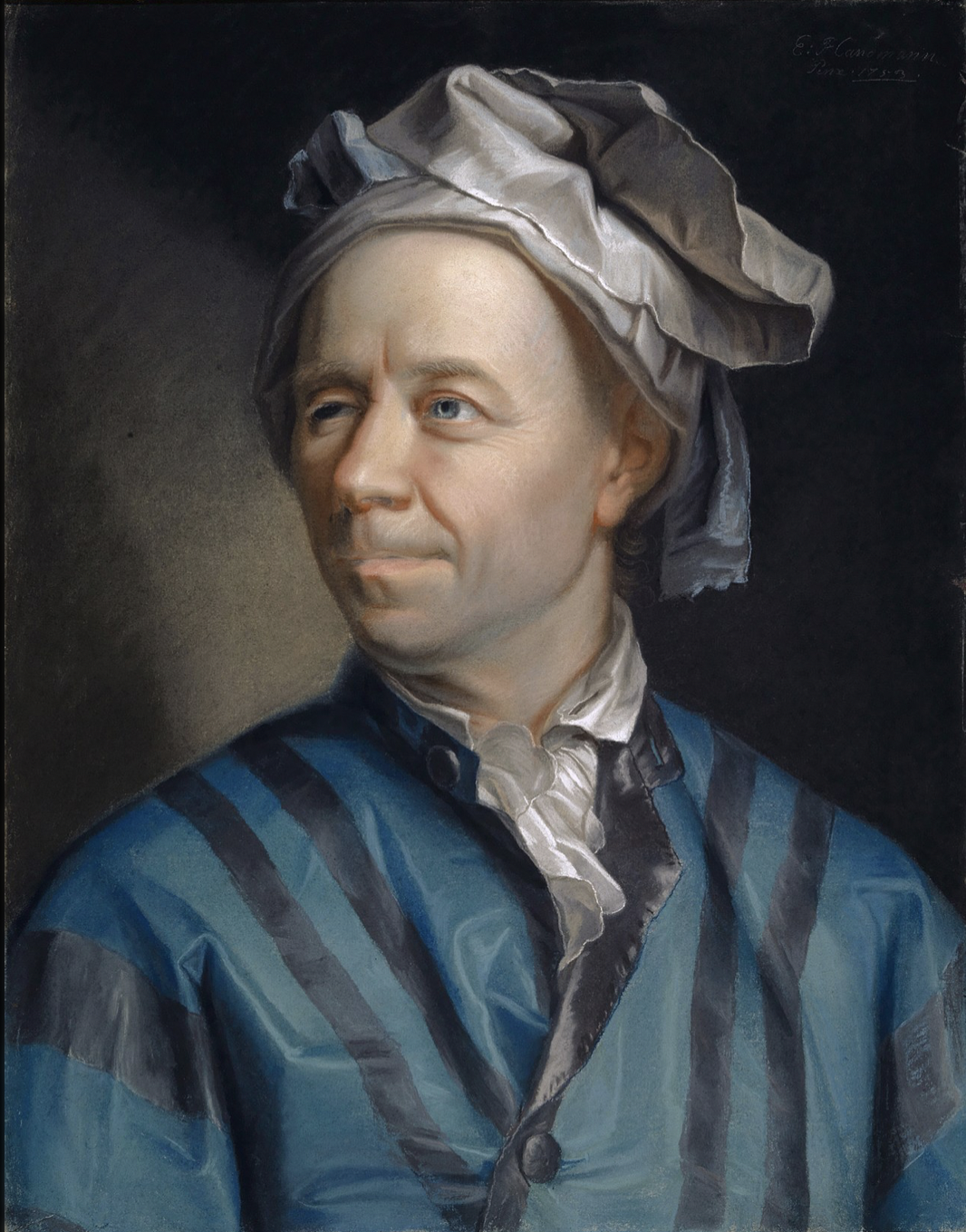
So what’s up? What happens when our eyes close?
Some ideas
Research shows that when the eyes are closed, the brain shifts its activity from the external world to the internal world, which can lead to more creative thinking. Research has shown that the brain’s default mode network, which is active when the mind is at rest, is involved in creative thinking and problem-solving.
